The company
Our core competence is international sea transport. However, in cases where things need to move quickly, we are also happy to provide you with expert support in all matters relating to air freight. To get goods from the hinterland to the ports and airports, we also offer solutions for general cargo, lorry transport and multimodal transport. And if you want to outsource the time-consuming customs procedures for your imports and exports, you can benefit from our customs-specific services.
Customised service, Hanseatic commitment and in-depth industry knowledge – that’s what sets us apart! As a customer, you benefit from our decades of experience, our expertise and our aim to always offer you the best individualised forwarding service.
Here you get everything from a single source: from the first contact, you always speak to your personal contact person. They know you, your company and your logistics needs inside out. Our qualified staff will be happy to advise you on the various transport solutions for global trade.
Gegründet wurde die Peter Harms Schiffahrts- u. Speditionsgesellschaft mbH vom Namensgeber im Jahre 1982. Seither sind wir stetig gewachsen. Inzwischen verfügen wir über zwei Standorte, Bremen und Hamburg, und beschäftigen über zwanzig Mitarbeiter. Wir sind stolz darauf, dass viele unserer langjährigen Mitarbeiter einst schon ihre Ausbildung in unserer Firma absolviert haben!
So früh wie möglich beziehen wir die Auszubildende in alle relevanten Arbeitsprozesse ein. Neue Mitarbeiter schulen wir ebenso gründlich wie umfassend. Auf diesem Wege können wir sicherstellen, dass unser gesamtes Fachpersonal über ein Höchstmaß an Kompetenz und Know-how verfügt. Besonders wichtig ist uns, dass alle Mitarbeiter sich für ihren jeweiligen Arbeitsbereich verantwortlich fühlen und über den Tellerrand gucken.
Wir wollen mehr leisten als ein üblicher Seehafenspediteur. Deshalb bereisen unsere Mitarbeiter die von uns bedienten Länder. Sie kennen sich auch abseits der großen Handelsrouten der Welt ausgezeichnet aus. So können sie Ihnen alle Informationen geben, die Sie für einen reibungslosen Ablauf Ihres Handelsgeschäftes benötigen.
Heute sind wir ein mittelständisches Unternehmen mit Tradition und Zukunft. Schnelle Prozesse und reibungslose Abläufe: Das gelingt uns unter anderem dank flacher Entscheidungshierarchien. Gut ist uns aber nie gut genug – wir arbeiten konsequent an der Weiterentwicklung und stetigen Optimierung unserer Workflows.
Immer wieder fragen wir uns, was wir noch besser machen können. Gerne möchten wir von Ihnen erfahren, was Sie von uns erwarten! Nehmen Sie doch unverbindlich Kontakt mit uns auf und überzeugen Sie sich selbst von unserer Expertise und unserem Engagement.
Peter Harms Schiffahrts- u. Speditionsgesellschaft mbH was founded by its namesake in 1982 and has grown steadily ever since. We now have two locations, Bremen and Hamburg, and employ over twenty people. We are proud of the fact that many of our long-standing employees once completed their training in our company!
We involve trainees in all relevant work processes as early as possible. We train new employees both thoroughly and comprehensively. In this way, we can ensure that all our specialist staff have the highest level of expertise and know-how. It is particularly important to us that all employees feel responsible for their respective areas of work and think outside the box.
We want to do more than a standard seaport freight forwarder. That’s why our employees travel to the countries we serve. They also know their way around the world’s major trade routes. This means they can provide you with all the information you need to ensure the smooth running of your trade business.
Today, we are a medium-sized company with tradition and a future. Fast processes and smooth workflows: we achieve this thanks to flat decision-making hierarchies, among other things. But good is never good enough for us – we work consistently on the further development and continuous optimisation of our workflows.
We are constantly asking ourselves what we can do even better. We would like to hear from you what you expect from us! Get in touch with us without obligation and see our expertise and commitment for yourself.
Business areas
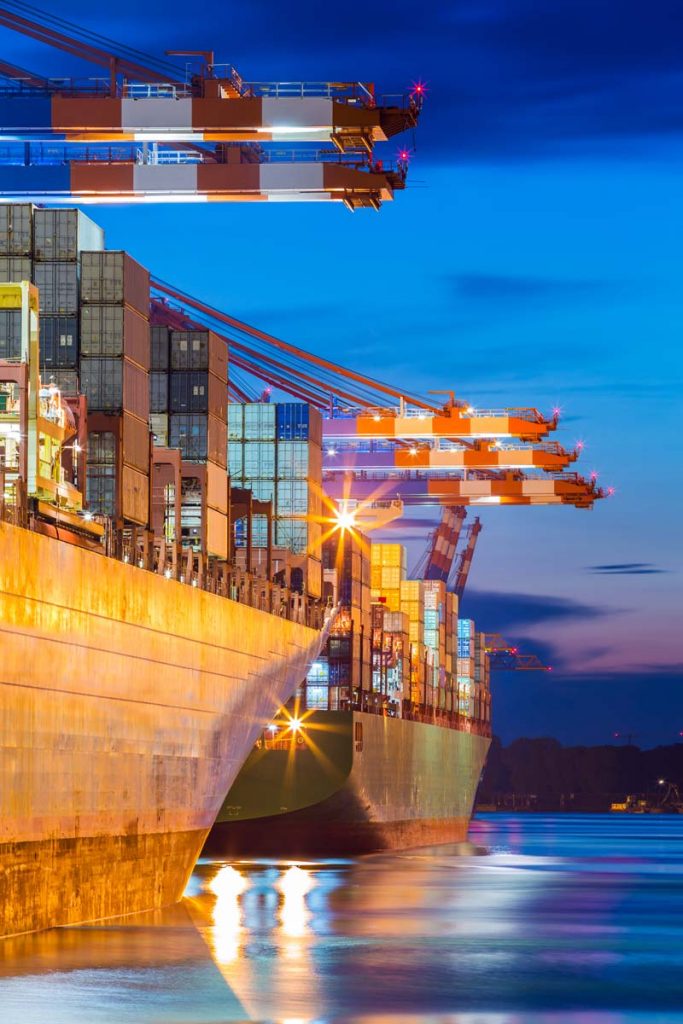
Sea freight
As a large shipping and forwarding company, we have a high transport volume. This enables us to pass on excellent freight rates to our customers.
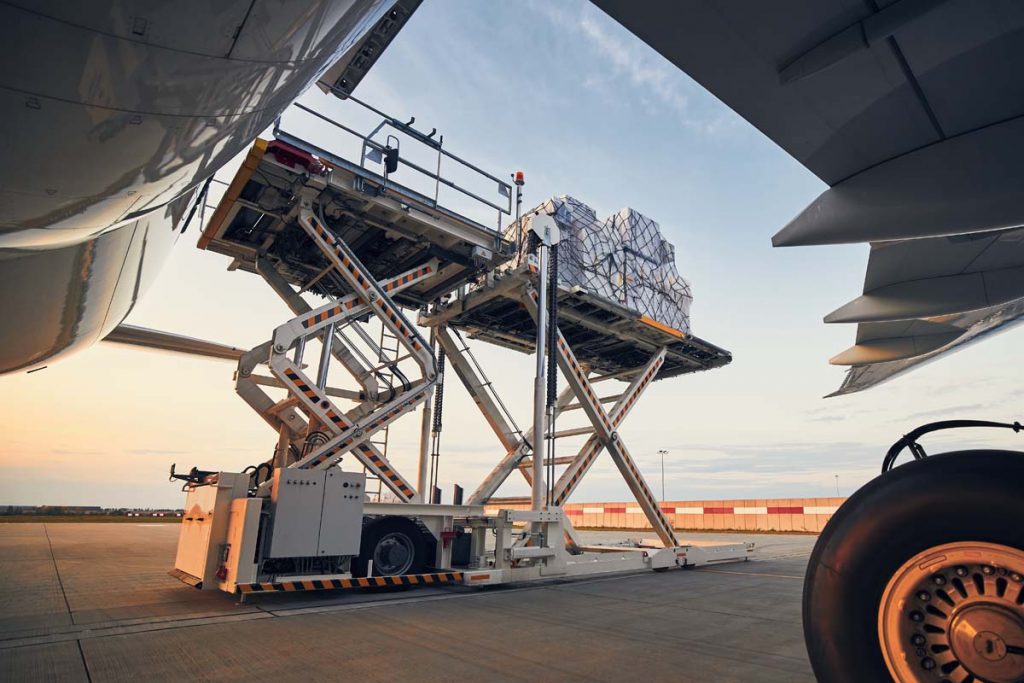
Air freight
When things have to be done quickly, air freight is often the method of choice. We work with reliable customs and IATA agencies around the world. In this way, we ensure that your goods are transported quickly and on time.
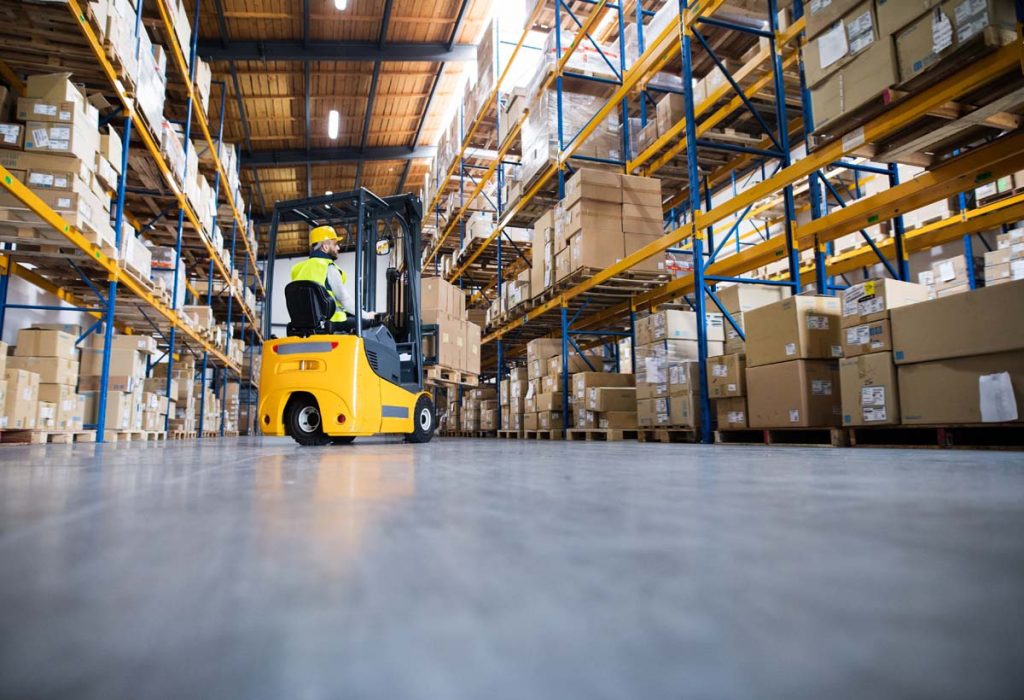
General cargo / truck transport / multimodal transport
It is often useful or even essential to combine different transport routes. Especially when containers have to be fetched from the hinterland …
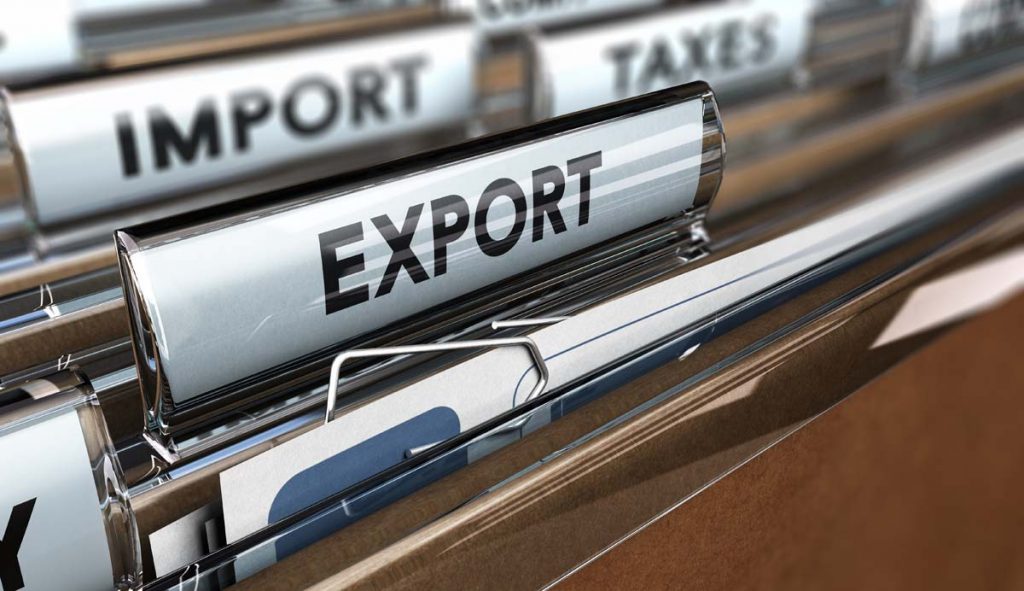
Customs
Trade is becoming more and more global as well as international links play an important role in business. At the same time, however, the customs procedures required for imports and exports are complex. They require time and extensive knowledge. You are welcome to draw on our experience and know-how in the field of customs.
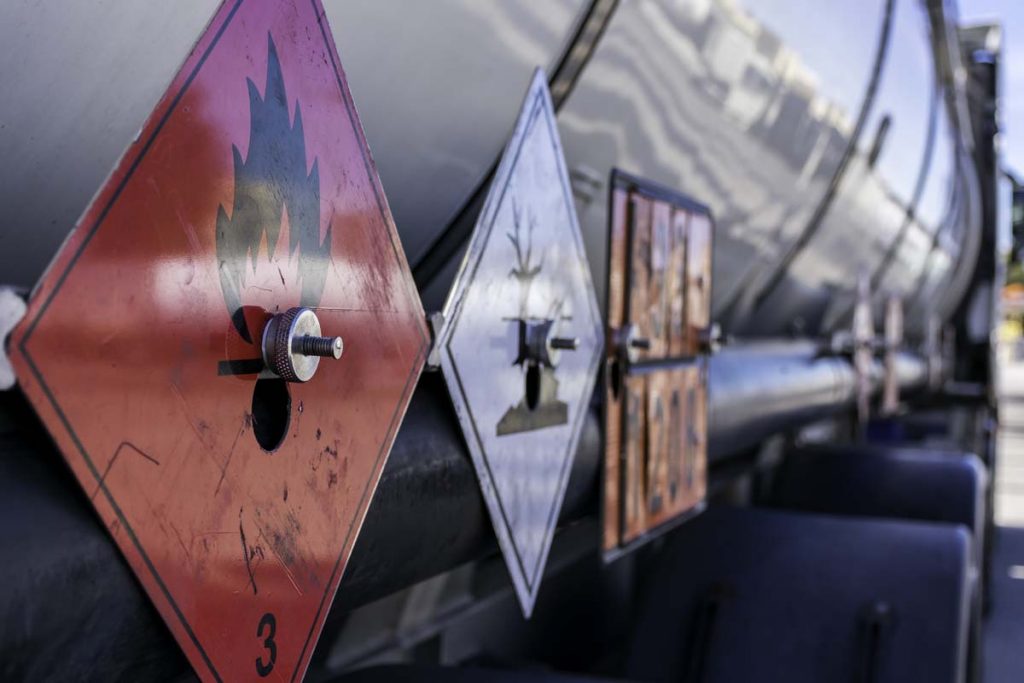
Transport of dangerous goods
Whether explosives, ammunition and fireworks, gases and gas mixtures or flammable and self-igniting substances and mixtures: Transporting dangerous goods requires extensive special knowledge! This starts with the acceptance of the goods, concerns the actual transport of the goods, load securing…
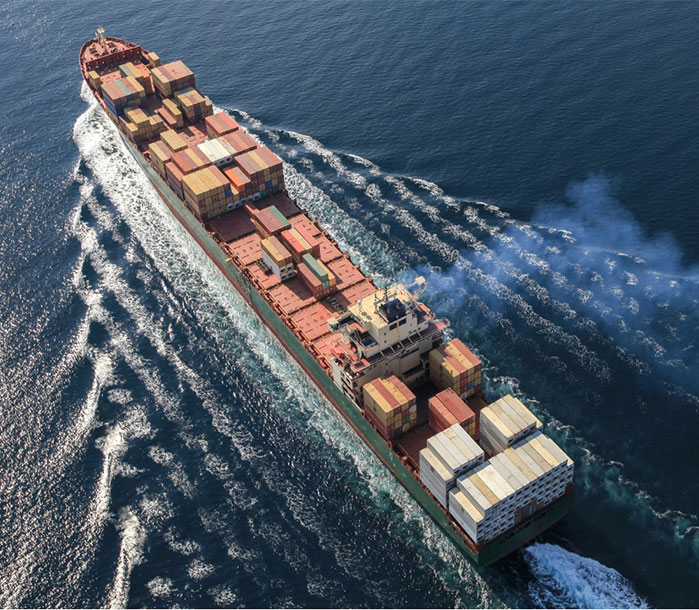
Waiver / ECTN
The Waiver is a chargeable electronic tracking certificate that is required for maritime export and import of goods into certain African countries. Generally, the Waiver is applied for with the corresponding documents when the ship departs from the port of loading. For this purpose, different documents are required…
Frequently Asked Questions
What is a Waiver?
As a private or business passenger, you are familiar with the green and white adhesive labels on your checked baggage. Your suitcase cannot be transported without this adhesive label, as it fulfills various tasks. For example, it shows where the piece of luggage was checked in and where it is to be transported. It also proves that compliance with regulations has been checked.
What is AEO certification?
You are probably familiar with this phenomenon: If you know someone and you can rely on them with a clear conscience because everything has been handled reliably and on time and even people you trust have never reported anything else, then you are more likely to confide in this person than someone from theirs Integrity you have not yet been able to convince yourself to the same extent.
The AEO certification is the institutionalization of this principle. AEO stands for “Authorised Economic Operator” and means something like “authorized economic partner”. The certificate states that a company has acted in a particularly trustworthy and reliable manner in international trade in the past. It is awarded to companies based in the European Union.
The possibility of AEO certification in international trade has existed since 2008. AEO was introduced by the World Customs Authority under the SAFE conditions. “Safe” is not only the English word for “safe”, but also stands for the “Framework of Standards to Secure and Facilitate Global Trade” in international trade. These are international guidelines that ensure a framework for safe global trade. In a globalized world, SAFE creates the basis for modern and efficient world trade with low risks. In the customs administrations and forwarding companies, SAFE processes are simplified and accelerated.
Peter Harms Schiffahrts- u. Speditionsges. mbH is AEO certified
Peter Harms Schiffahrts- und Speditionsgesellschaft mbH has AEO certification as an “authorised economic operator” (as the customs authorities use it). This means that we are entitled to concessions and simplifications in customs matters, from which you as our customer can benefit.
Thanks to our AEO certification, we transport goods particularly safely and quickly internationally. The continuous supply chains are maintained and your goods reach the customer without delays.
If you too would like to benefit from our good reputation, our many years of experience in international trade, our know-how, our commitment and last but not least our AEO certification, please do not hesitate to contact us.
What size and type of container do I need?
The most common container size in shipping is the TEU. This abbreviation stands for “Twenty Foot Equivalent Unit”. The name refers to the external dimensions of the container: A TEU is 20 feet long.
The twenty-foot container is the standard for sea transport. TEU is often used as a unit to indicate loading capacity or handling values in ports. For example, a ship with a capacity of 1,000 TEU can accommodate 1,000 standard containers.
A TEU is a miracle of space: it can accommodate eleven Euro pallets or nine industrial pallets, 80 oil drums, each with a capacity of 275 liters or 36,904 beverage cans (not counting pallets).
The ideal container size for every shipment
For goods that do not fit in a TEU, there is a larger variant. A FEU container is twice as long as a TEU and just as wide and high as a TEU. FEU means “Fourty Foot Equivalent Unit”.
There is also a whole range of special sizes. Containers with different height dimensions are possible, for example – dimensions that can be transported on the road without restrictions are common here. For voluminous transport goods and in general on the American market, 45-foot containers are also becoming established. In Australia in particular, there is an increasing number of 48-foot containers.
Special requirements for the type of container
Refrigerated containers, also known as thermal containers or reefers, basically have the same external dimensions as “normal” shipping containers. The difference is on the inside: the volume is reduced due to the internal insulation and, if necessary, the cooling unit. There are two variants: refrigerated containers, which are refrigerated by the ship’s system, and refrigerated containers, which have their own integrated refrigeration unit.
Depending on the freight to be transported, there are other configurations and body types. Platform containers, for example, only consist of the floor construction and have no side walls. Dangerous goods such as oil, petrol or gas require an explosion-proof installation and a special interior design that prevents the load from rocking. There are containers with hinged sides, containers with doors at both ends, special containers for bulk goods and many more.
The ideal type of container does not only depend on the size of the freight, but also on the weight. It must be ensured that the carrying capacity of the container is not exceeded. A TEU, for example, has a maximum payload of 28,230 kg.
Different standard sizes are used for air freight transport than for transport by ship, since the containers used here are optimized for the hold of the aircraft.
If you are not sure which container type and size is best for your merchandise, our staff will be happy to advise you on the best choice.
What is SOLAS?
SOLAS stands for “International Convention for the Safety of Life at Sea”. This is a UN convention on safety at sea, specifically “for the protection of human life at sea”, as the German version of the convention puts it.
The first version of SOLAS was created after the sinking of the Titanic in 1912. The basis for the international initiative was the realization that better safety precautions would have saved many people at the time. That is why an international conference created minimum standards for safety on ships that are intended to protect life.
The fifth version of SOLAS is now in force. It was adopted in 1974 and has since been amended and expanded by numerous supplementary protocols. This means that technical innovations are taken into account and knowledge gained from shipwrecks is included.
Major shipwrecks are often the reason for changes to SOLAS. Most recently, in January 2020, a supplementary protocol came into force that drew lessons from the Costa Concordia accident in 2012.
What is regulated by SOLAS?
SOLAS is a comprehensive agreement divided into 14 chapters. It deals with topics such as requirements for the safe construction of ships, fire protection on ships, life-saving devices, safe stowage of cargo, handling dangerous goods, regulations for improving maritime safety and many more.
Some passages apply to all boats and ships without exception, others are very specific, for example the regulations for nuclear ships.
What role does SOLAS play for us?
Of course, Peter Harms Schiffahrts- und Speditionsgesellschaft mbH fulfills all the requirements of the SOLAS Convention. It is important to us to be part of safe shipping in our work.
Demurrage and detention are terms used in logistics and shipping to describe the charges for the use of containers.
Demurrage
Demurrage is incurred when containers remain in port after the free storage period has expired. This free storage period is the time that containers are allowed to spend in the port without incurring additional costs. If containers are not collected or shipped within this time, demurrage charges are incurred. These are intended to ensure that containers are moved on quickly to make room in the port for new arrivals and departures.
Detention
Detention charges are incurred if containers are not returned to the shipping company within the agreed period after unloading and leaving the port. Detention charges are levied to ensure the timely return of containers and to ensure that they are available for further transportation.
Summarized:
– Demurrage: charges for keeping containers in port after the free storage period.
– Detention: Charges for the detention of containers outside the port after the free days.
Contact
Am Dobben 18
28203 Bremen
E-mail:
office@peter-harms.com
Phone:
+49 421 33772-0
Memberships & certificates:
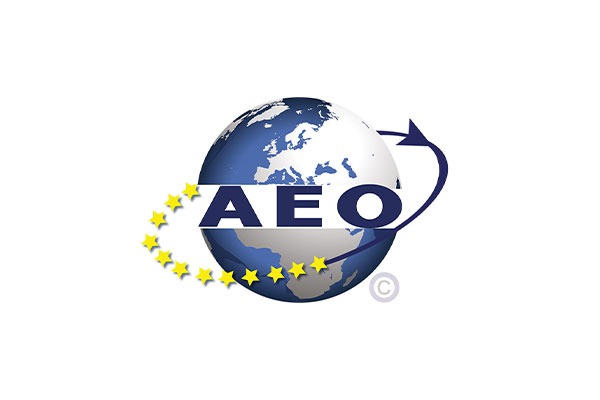
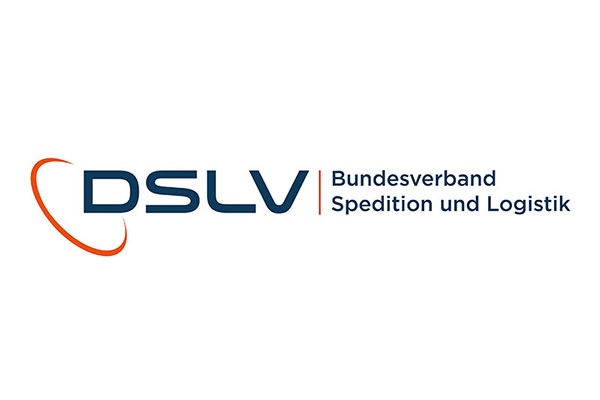
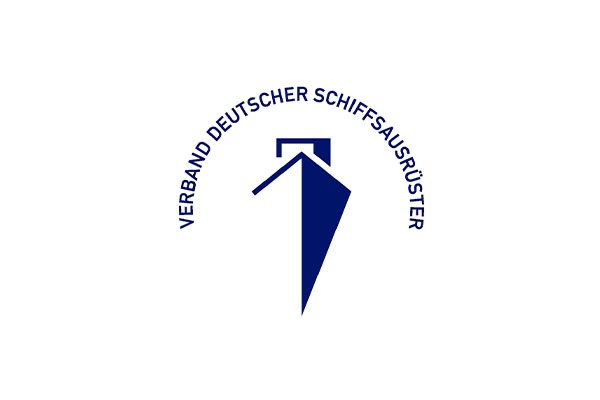
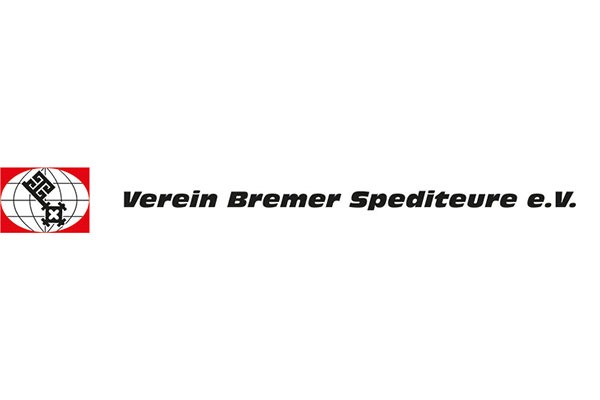

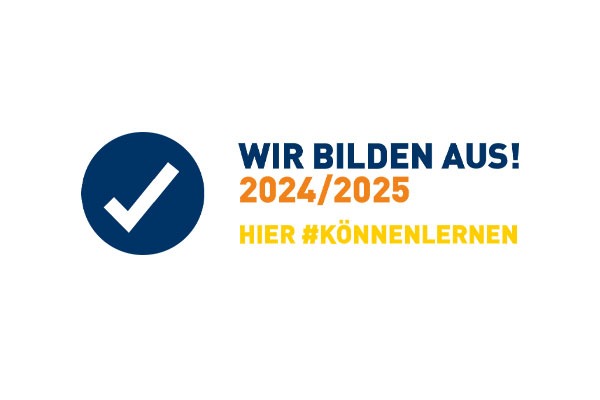

BREMEN (head office)
Peter Harms Schiffahrts-
u. Speditionsgesellschaft mbH
Am Dobben 18
28203 Bremen
HAMBURG
Peter Harms Schiffahrts-
u. Speditionsgesellschaft mbH
Kuehnehöfe 20
22761 Hamburg